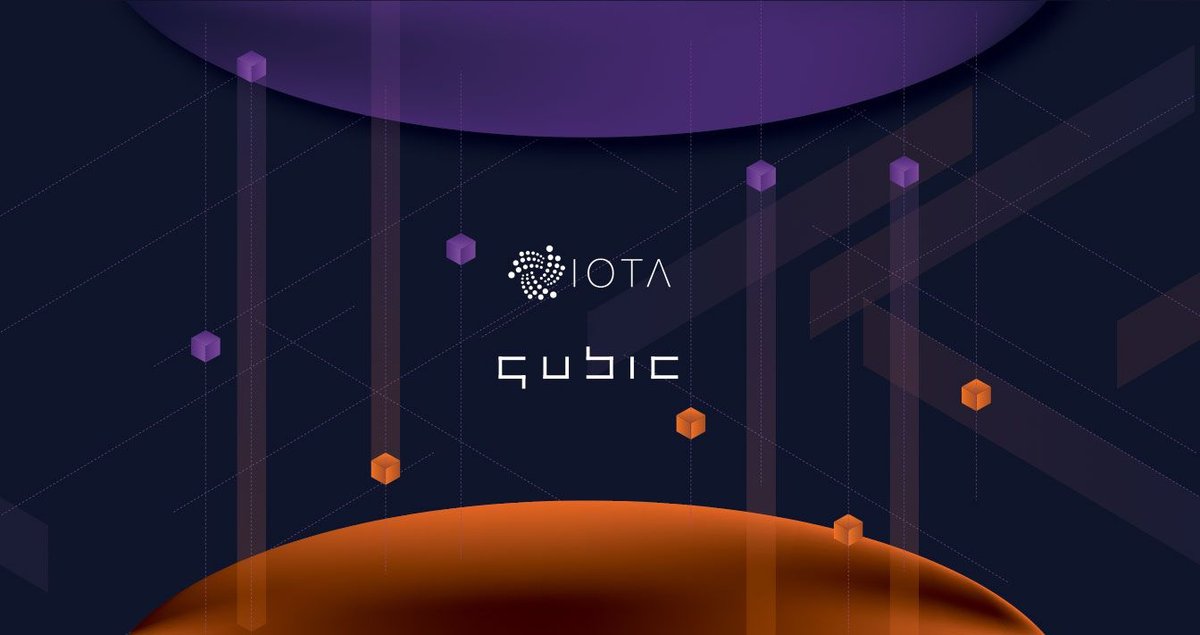
After weeks of hinting at a big project announcement on the horizon, the IOTA Foundation has finally clued investors into the intrigue behind Qubic, a new development using IoT that seeks to implement smart contracts and more through IOTA’s existing framework.
Taken from the official Qubic website,
“Qubic is a protocol that specifies IOTA’s solution for oracle machines, smart contracts, outsourced computations, and more.”
The website goes on to label Qubic as one of the “most eagerly awaited developments within the IOTA community,” in addition to tempering expectations for the project as a work in progress. Originally created as a Quorm-based coin in 2012, the project evolved over time into the iteration that IOTA has presented today, as a feature to be layered on top of the working-product currency.
As with past developments, the IOTA foundation is targeting implementation with IoT devices, and increased functionality through Qubic to drive industry-changing innovation. The original Qubic idea had some hard to overcome problems.
The IOTA protocol was, in fact, created to help solve those problems. Indeed, IOTA was designed to become the global standard for IoT messaging and payments. Qubic follows that standard, and is made possible by fee-free IOTA transactions, which enable:
While early speculation had Qubic as an attache currency to the already established IOTA coin, the press release has put a definitive end to that line of thinking, stating that “Qubic is not a new token or coin; there will be no Qubic ICO or airdrop.”
Smart contracts initiated through Qubic (as opposed to a rival cryptocurrency such as Ethereum) will be paid out in IOTA. The technology is designed to rely heavily upon the free, highly scalable network transactions of Tangle, to provide everything from seamless micropayments for streaming services and other innovations, to a reward system that incentivizes users to participate on the Tangle network. The general idea is that with Qubic, IOTA is now incorporating the best features from two facets of cryptocurrency.
With Qubic, IOTA also offers the same network features as Ethereum, particularly the ability to construct smart contracts which can then be paid out in MIOTA. Ethereum, like Bitcoin, is limited by rising transaction fees and slow TPS (transaction per second) outputs that diminishes the usability of the currency. IOTA unites Tangle with Qubic to create an infinitely scalable, zero fee transaction-capable network, that has the same platform building features so enticing to developers looking to drive innovation through cryptocurrency.
KryptoMoney.com publishes latest news and updates about Bitcoin, Blockchain Technology ,Cryptocurrencies and upcoming ICO’s.
Keep in mind that we may receive commissions when you click our links and make purchases. However, this does not impact our reviews and comparisons. We try our best to keep things fair and balanced, in order to help you make the best choice for you.